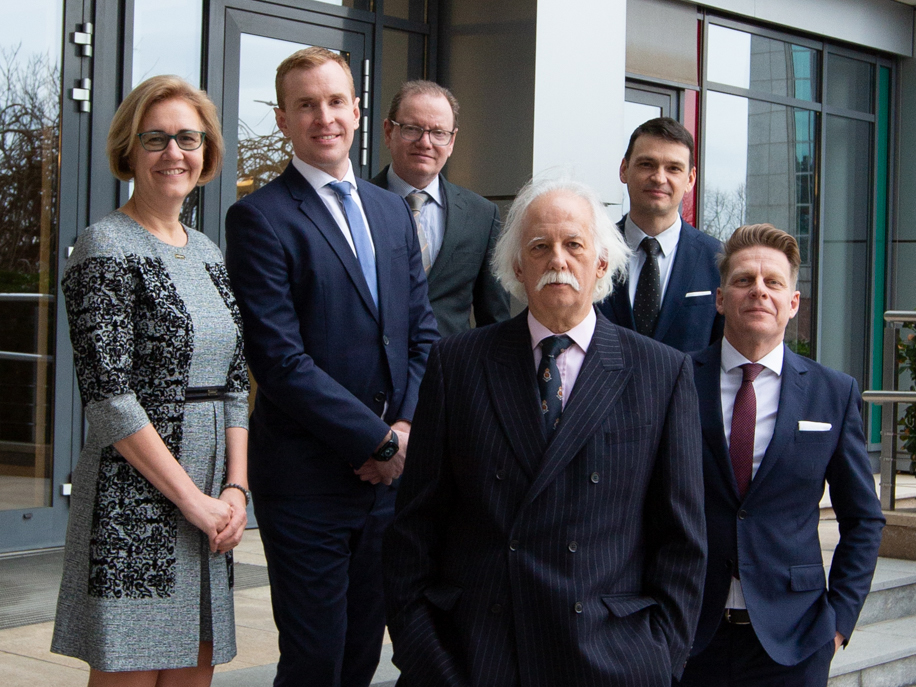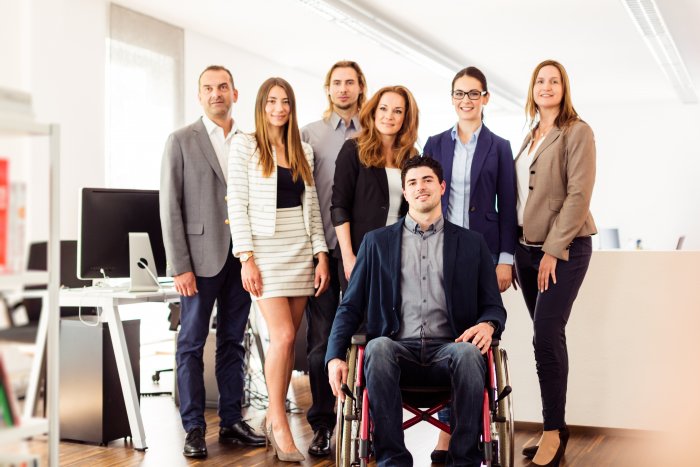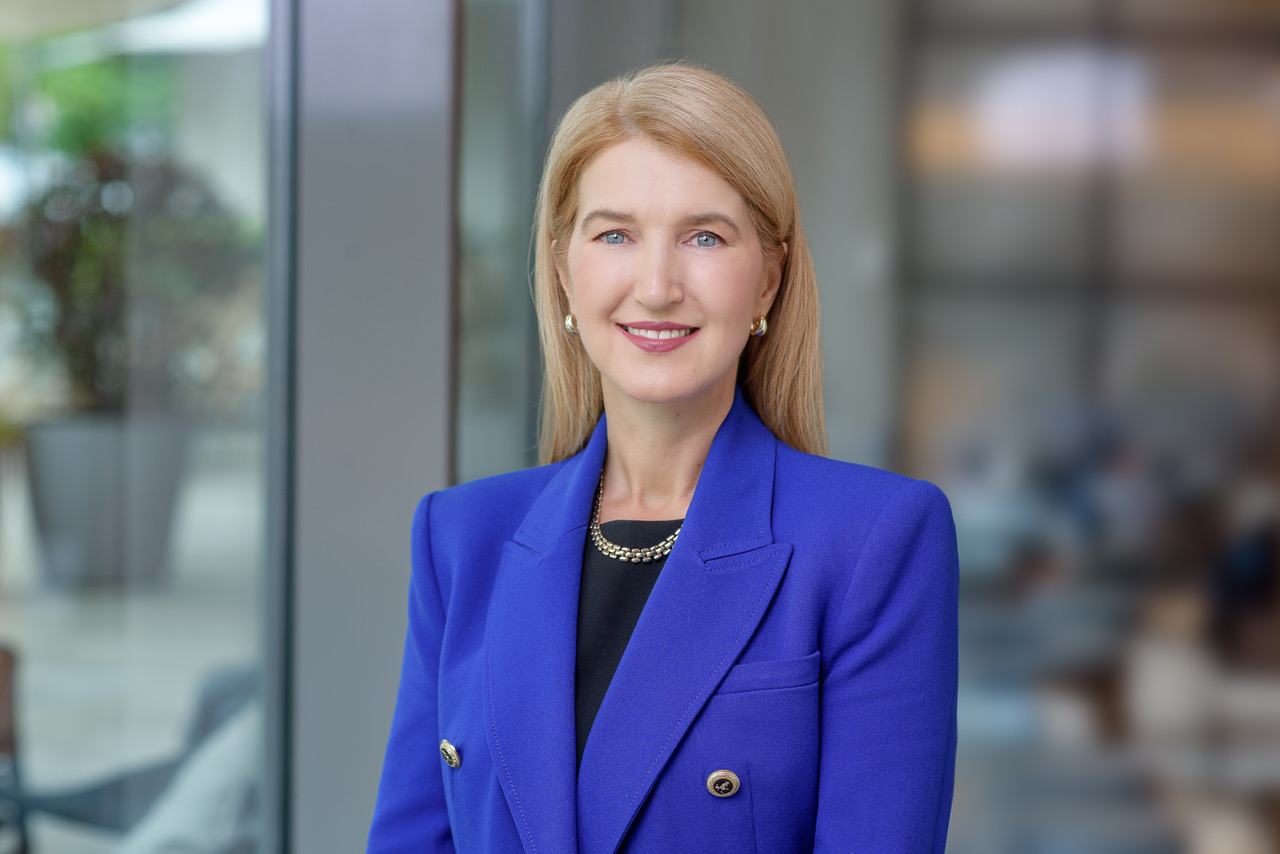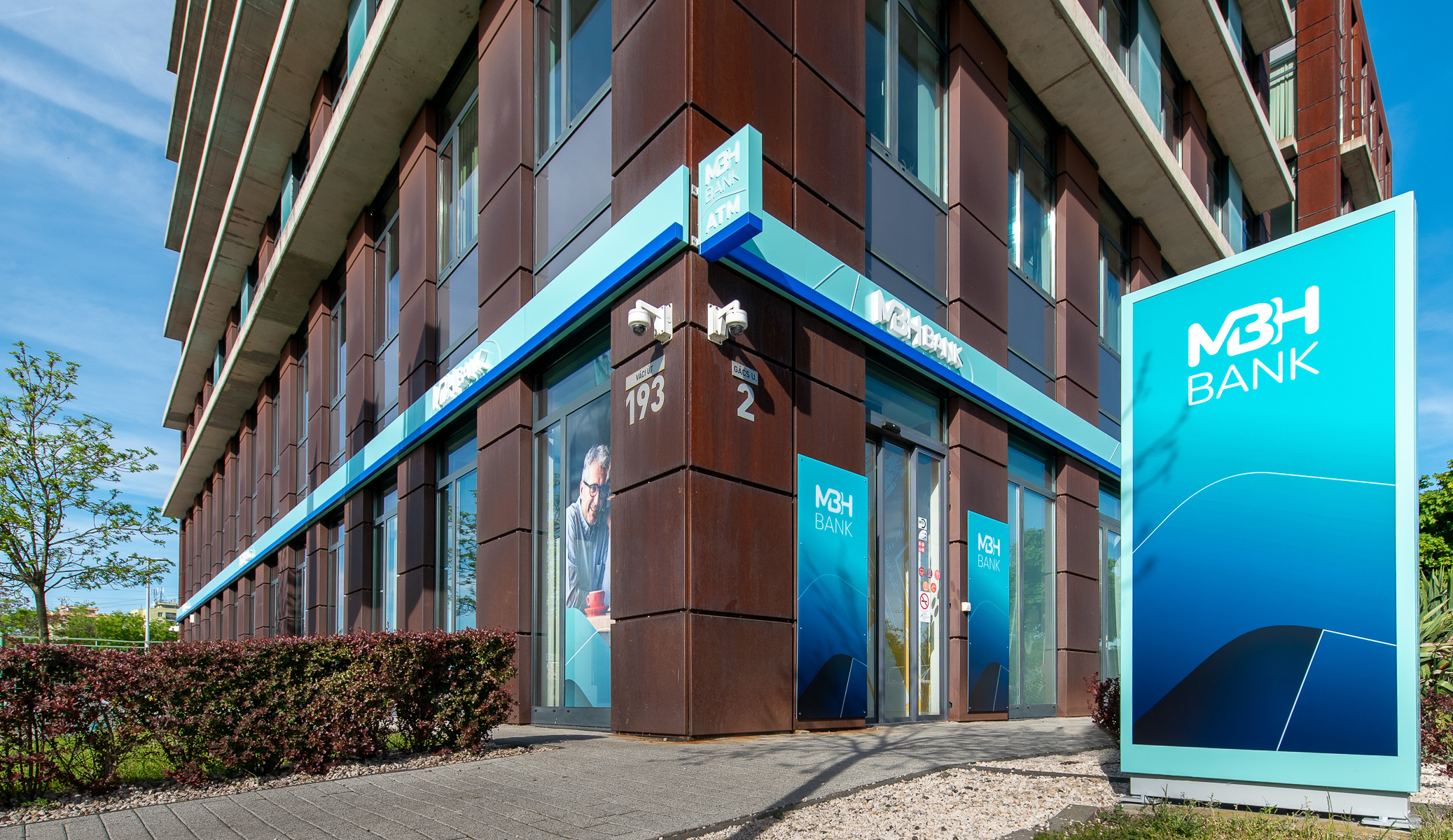The Financial Challenges Faced by the Hungarian Upper Crust

The Apelso Group management team.
Around HUF 660 million in investments, nearly a billion in real estate, a business worth double that and almost HUF 500 mln abroad: this is the wealth of an “average” top 10,000 family in Hungary today. While it sounds a lot, being overly cautious has cost these families dearly over the past few years, according to wealth management services provider Apelso Group.
These families hold around 15% of the total inheritable wealth of the Hungarian population, of which business ownership accounts for almost half (48%) of the HUF 4.1 bln average wealth per family and private property 2%. A further 16% is managed in Hungary and 12% abroad. Despite the challenges of the past three years (recession, war, the energy crisis and rising financing costs), the richest families have grown their wealth by some 40%, Apelso notes.
However, many of these families are facing several serious problems that the domestic financial system cannot address with sufficient complexity, according to Apelso’s experts. Generational change is an increasingly pressing issue for medium-sized and large family-owned businesses in Hungary, while the savings of the top 10,000 are characterized by a risk tolerance that is low compared to developed markets.
“As a result, the 10,000 wealthiest families have lost an average of HUF 150 mln in returns over the past five years,” the wealth management company’s experts estimate. Revealing the results of its research, the group has also announced the launch of a family wealth management service.
The top 10,000 families have mainly acquired their wealth from family businesses: this segment owns 50% of the domestic firm value. As most owners of some 2,000 family-owned medium and large enterprises in Hungary are over 55, the generational change will become a pressing issue for the national economy within a few years.
“These companies employ a total of around 120,000 people, and together they have a net turnover of HUF 6.381 trillion and a taxable profit of HUF 751 bln,” András Kállay, a partner of Apelso Trust, the group’s trust management company, said. “The main risks for these companies are typically the sudden death of the company director or owner, the risk of fragmentation of family assets and liquidation disruptions.”
Low Risk Appetite
The other main challenge for the wealthiest families is their risk appetite for liquid investments, which is low compared to developed markets. While in Hungary, these account for only about 6% of total investments, in the United States, for example, the level reaches 52%, according to Kállay.
The low-risk appetite is primarily due to a lack of different asset classes (such as venture capital or real estate development funds) in the country, which leads to diversification problems and can significantly reduce the overall return available.
“According to Apelso’s calculations, this means that, over the past five years, a family could have achieved a total return of around HUF 150 mln less on its liquid investments, which means a total return of around HUF 1.5 tln over five years for all families,” the expert noted.
“We have launched Hungary’s first wealth management service based on the Anglo-Saxon model to address the challenges facing the wealthiest 10,000 Hungarian families. Apelso offers all three pillars of wealth management services for families, including wealth planning, investment management, succession planning and related wealth management, legal, tax and accounting solutions,” says György Antall, founding partner of Apelso Trust.
This comprehensive approach allows for complex record-keeping and risk management of family assets, covering all elements. This was the objective of Apelso Group’s acquisition of Dialóg Fund Management, one of the most significant players in the domestic, independent institutional asset management market, now known as Apelso Capital, adding to the group’s range of services.
“Apelso plans to increase its current assets under management from HUF 250 bln to HUF 400 bln within five years through a transparent pricing policy and an open architecture independent of investment service providers,” Antall adds.
Apelso Group now consists of Apelso Capital (formerly Dialóg), covering investment fund management, investment advisory and portfolio management; Apelso Trust, dealing with fiduciary asset management; Antall and Illés Lawyers Association, offering legal services; Apelso Accounting Services (accounting, tax consulting), and Apelso Consulting (asset structuring, consulting)
This article was first published in the Budapest Business Journal print issue of March 8, 2024.
SUPPORT THE BUDAPEST BUSINESS JOURNAL
Producing journalism that is worthy of the name is a costly business. For 27 years, the publishers, editors and reporters of the Budapest Business Journal have striven to bring you business news that works, information that you can trust, that is factual, accurate and presented without fear or favor.
Newspaper organizations across the globe have struggled to find a business model that allows them to continue to excel, without compromising their ability to perform. Most recently, some have experimented with the idea of involving their most important stakeholders, their readers.
We would like to offer that same opportunity to our readers. We would like to invite you to help us deliver the quality business journalism you require. Hit our Support the BBJ button and you can choose the how much and how often you send us your contributions.











